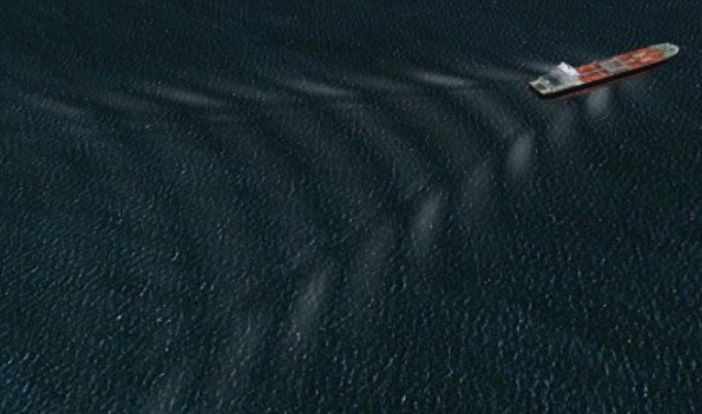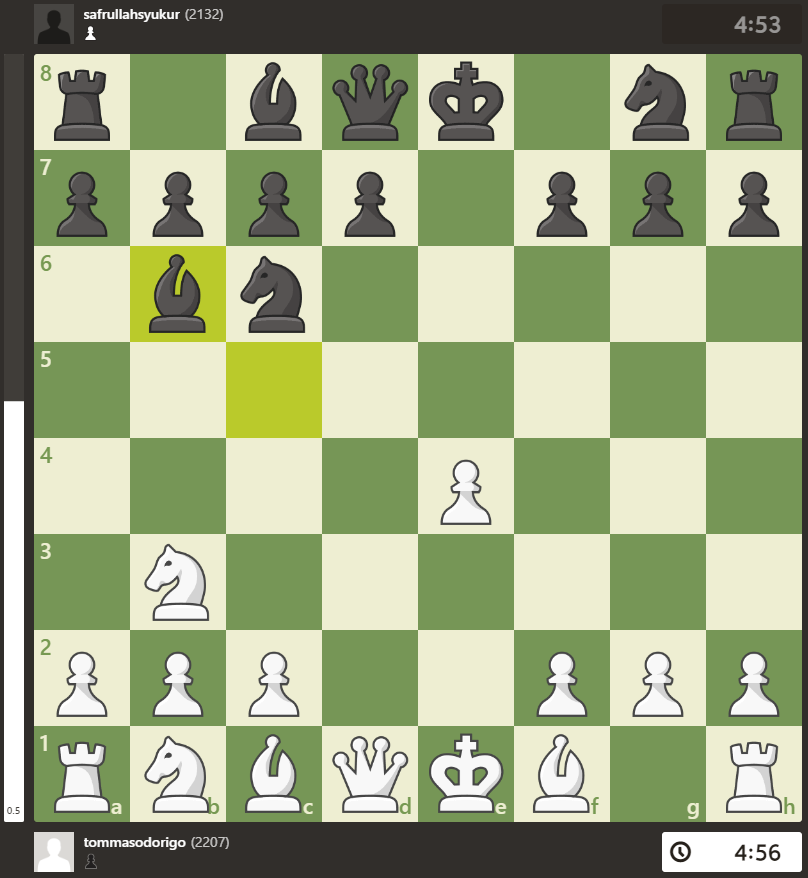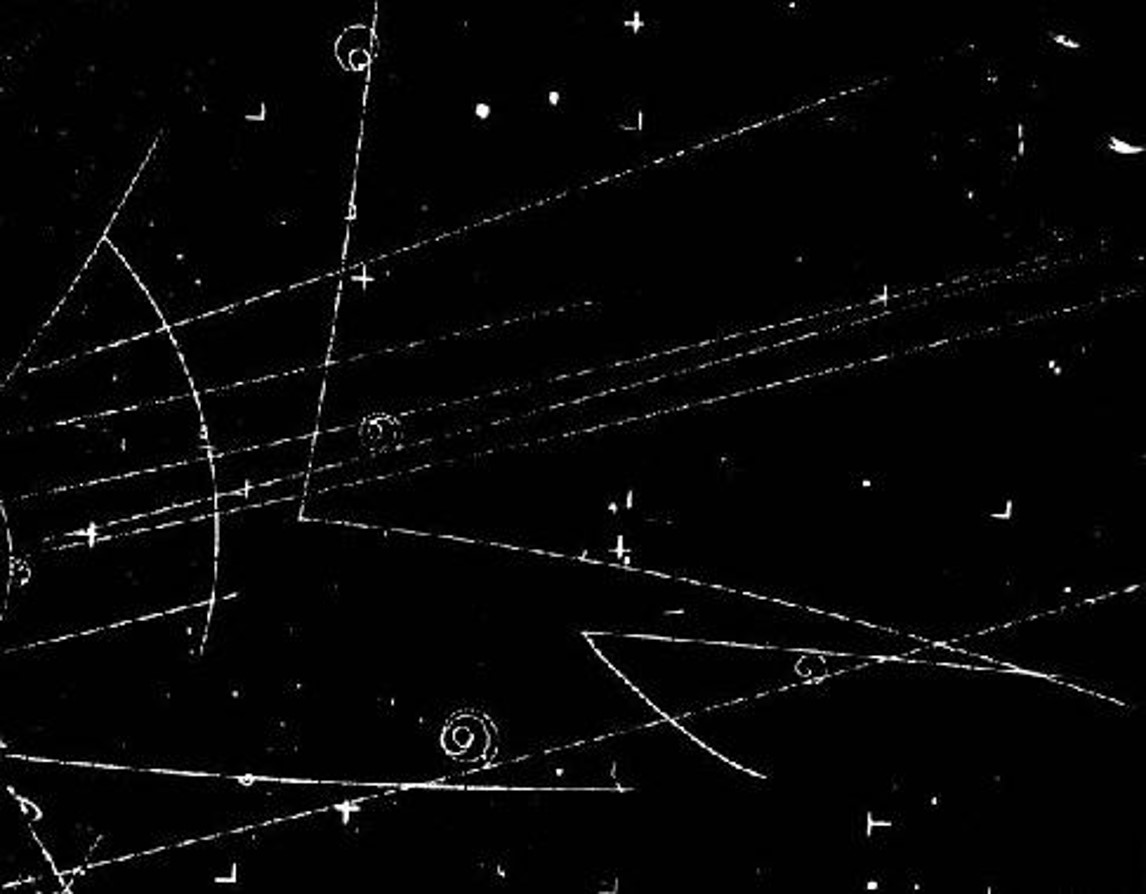 K0 Regeneration
K0 RegenerationLast week I got to the part of my course in Subnuclear Physics for Statisticians (yes, there is...
 And The USERN Prize Winners For 2024 Are....
And The USERN Prize Winners For 2024 Are....USERN (Universal Scientific Education and Research Network, https://usern.org) is a non-profit...
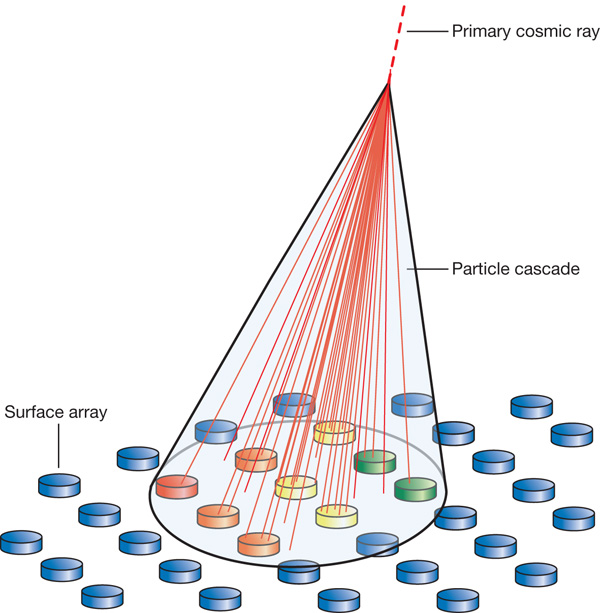 Flying Drones With Particle Detectors
Flying Drones With Particle DetectorsNowadays we study the Universe using a number of probes and techniques. Over the course of the...
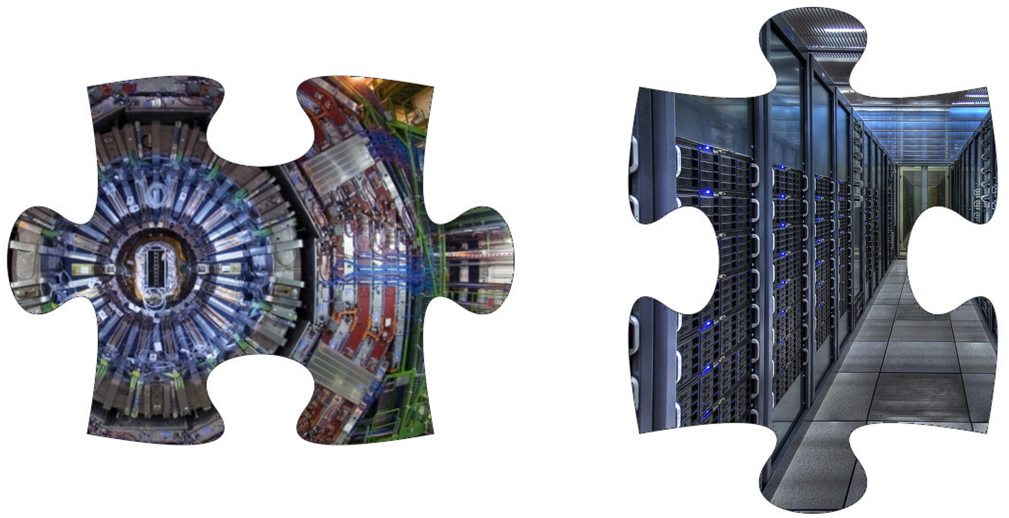 Some Notes On The Utility Function Of Fundamental Science Experiments
Some Notes On The Utility Function Of Fundamental Science ExperimentsEarlier this year I mentioned here that I would be writing an article on how the utility function...



